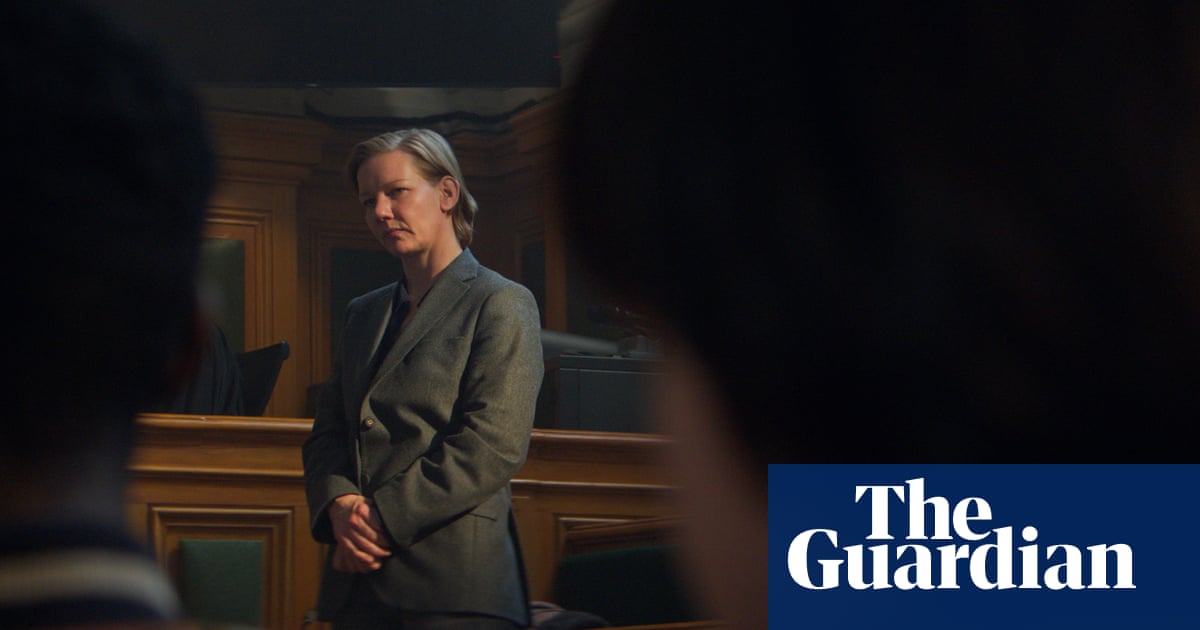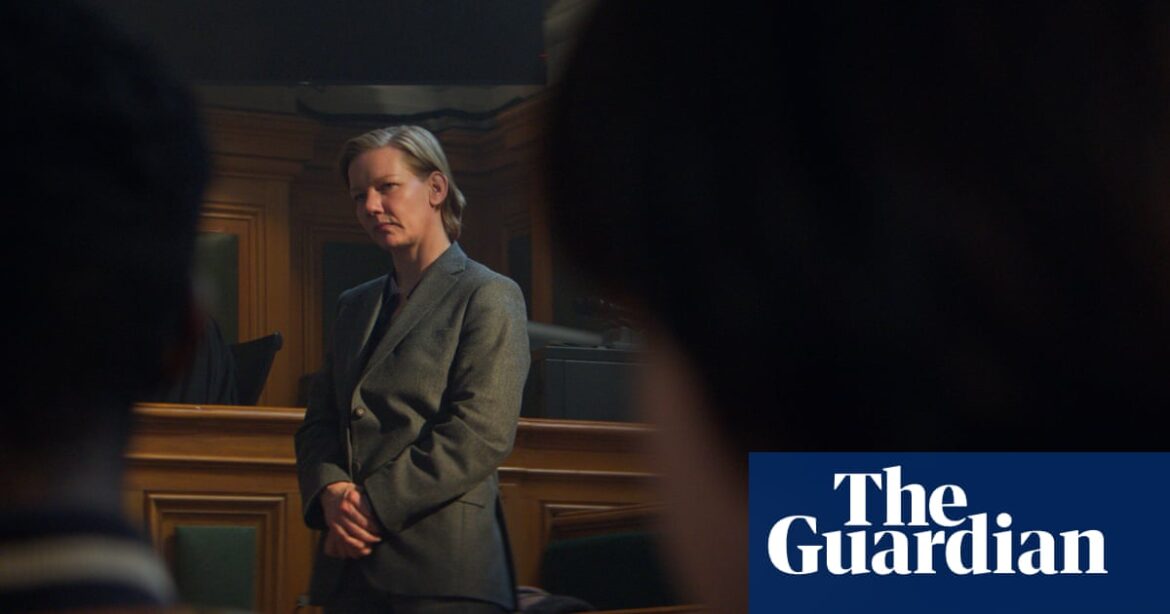
The annual Oscar season brings along a flurry of gossip, debates, and speculation about questionable nominations and noticeable snubs. This year, one major story revolves around France’s missed opportunity. Their film, “Anatomy of a Fall,” a courtroom thriller about a writer accused of killing her husband, made waves at Cannes last summer and went on to win the Palme d’Or award. This marked director Justine Triet as the third female to ever receive the festival’s top prize in its 76-year history. The film also found success at the box office in France. According to the Hollywood Reporter, it had all the necessary qualities to potentially make it a strong contender for the Oscars, including critical acclaim and popularity with wide audiences. Furthermore, the film is distributed by prestigious US film company Neon, who also managed the successful Oscar campaign for “Parasite.”
France’s Oscar committee recently made a surprising decision in choosing the film to represent the country in the best international feature category. Instead of selecting a highly praised and award-winning film, they opted for The Taste of Things, a slow-paced historical romance that also celebrates the art of food. This choice was met with some criticism, as it is known that comparing works of art objectively can be a difficult task. However, the director of The Taste of Things, Tran Anh Hung, has been recognized for his exceptional filmmaking skills and storytelling ability. There were speculations that director Justine Triet’s earlier comments about the French government during her acceptance speech at Cannes may have influenced the committee’s decision. Nevertheless, The Taste of Things did not receive an Oscar nomination, while another French film, Anatomy of a Fall, received five nominations. This has caused some concern in France as to why they have lost their best chance to win an Oscar for best international feature since 1992’s Indochine.
What led to the unexpected success of Anatomy of a Fall? In recent times, the popularity of murder mysteries has increased, perhaps offering a sense of comfort in a world of constant crisis. This genre simplifies the plot and presents straightforward questions, avoiding existential or rhetorical themes. Triet’s film cleverly plays with the norms of this genre, providing some clues – such as a trail of blood – while keeping other details out of reach. For instance, the only witness to the crime, according to Triet, is the family dog. The story continues to surprise with new ambiguities, even after it seems to be solved. Holding it all together is Sandra Hüller’s brilliant portrayal of the protagonist, also named Sandra. She comes across as both fragile and guarded, intelligent yet difficult to read. My friend asked me, “Did she do it?” I thought she could be either a normal, strong innocent person, or a cunning culprit. However, as we see in the latest season of The Traitors, it is easy to be deceived.
Beneath the dramatics of the court proceedings lies a fundamental question: Is it possible to truly understand another person? While Triet drew inspiration from legal dramas, she was also influenced by Noah Baumbach’s film Marriage Story (which she co-wrote with her husband during lockdown, though they deny any similarities between their own marriage and the characters in the film). Amidst the larger legal case, there is a more personal, yet equally significant, story of the gradual breakdown of a marriage. This subtle yet powerful examination delves into the minor resentments that can ultimately destroy once loving relationships – the envy over her successful writing career versus his failed attempts at writing, his bitterness towards the unequal division of childcare responsibilities, and her extramarital affairs. As the trial unfolds, the psychiatrist of her deceased husband paints a picture of a man consumed by anger towards her wrongdoings. She argues that this is not the whole truth, suggesting that people only reveal certain facets of themselves, tying into the film’s overarching theme of the unknown and unseen aspects of individuals.
Ironically, Anatomy of a Fall could have been considered the leader in the international feature category. However, it now faces tough competition in the best picture category. Despite this, the film deserves recognition for its ability to take common themes such as unhappy marriages, legal proceedings, and the fascination with true crime, and create something fresh and unforgettable. Even after the story concludes and a version of events is presented and tentatively accepted, there is no sense of victorious resolution. Instead, there is a lingering feeling of uncertainty and doubt. This mystery and the idea of challenging the audience to think beyond their limits appears to be the film’s main purpose.
Source: theguardian.com



